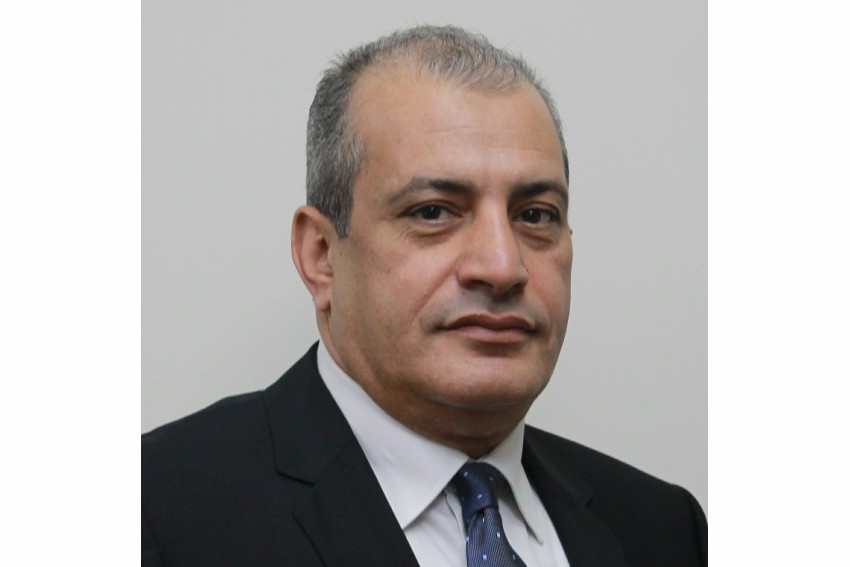Amal Ali Abdel Wahed explains how his company is working with the Egyptian government to develop some of the most important construction and infrastructure projects in the country.

My first question is: there is a big discussion at the moment that for Egypt to do well in the future, economically, the government has to step back and let the private sector take the lead when it comes to creating prosperity and jobs. The construction sector is one of the sectors that is most active today. What is your opinion on the role of the private sector to develop the economy of Egypt?
Since the 1950s, the private sector has played the main role in helping the public sector and the country as well, and still the private sector can play the same role and keep performing the same role, the government role is essential in taking care of the masterplanning, and infrastructure projects, incentivizing, and working hand in hand with the private sector.
Private sector investment has to increase over the next few years in order to tackle unemployment and we’ve seen the government making reforms such as those related to the ease of doing business, new company loans, new bank loans – trying to restructure reforms to increase financing, even though financing remains very expensive today in Egypt. Have you felt these reforms, and do you feel incentivized by the public sector to invest more in the country?
The private sector plays the main role in labor employment. So, the private sector trained, employed, promoted and re-trained labor. So, investing in human capital for the private sector is a sustainable process. Before economic reforms, the Egyptian labor force was heading to the GCC and African countries; now the market here in Egypt is much more appealing to the Egyptian migrants and many have returned.
The industry is undergoing an accelerated progress. In the contracting industry for instance, we’ve adopted the latest technologies, either managerial, technical or machinery. Let’s take Redcon Construction as an example and other local companies as well, we made the move here by adopting the latest machinery in the construction machinery, and managerial systems, which add value to the labor market.
Could you comment on the importance of infrastructure in Egypt today, and how competitive do you see it in comparison to the rest of the region?
Of course infrastructure projects are representing a push in investments. So you have to have long roads and no shortage of energy. Two years ago we had a real shortage; we lacked roads, bridges, and so on. But in 2 to 3 years we will be covering this shortage. Egypt is moving forward and aiming to be one of the best countries in the infrastructure in rails, energy generation, ports and so on. A couple of years ago, Algeria and Morocco had the lead, and I believe in a couple of years we will be taking the lead back.
What are the most relevant economic projects that you are currently working on today, and what do you believe is the impact on the quality on infrastructure and housing?
This year Redcon Construction is celebrating the 25th jubilee in the Egyptian market. We have worked in many sectors. We call them the ‘9 Pillars’. We have worked in industry, education, commercial, governmental, and medical; they are 9 Pillars, which represent the sectors where Redcon has worked in for the past 25 years, and they are as follows:
We are now helping the government to achieve their ambitious plans. So we are working in the main hot-spot projects the government is looking at like the Alamein City on the northern coast. We are currently building the tallest high rise in Alamein.
We are also building Alamein University, which I believe will be functioning very soon, next year maybe. We are building the Heritage city in Alamein as well, which is such a privilege and a symbol trust from the Egyptian government in Redcon Construction’s capacities, commitment, and ability to deliver at the right time; we cherish and appreciate such trust very much.
We work in Masspiro Towers, in Maspero triangle in the core of Cairo, overlooking the Nile. The government is developing it from a random area to a multi-use mix of high risers, commercial areas, hotels. In the Administrative New Capital, we’re working deep on infrastructure. The green river is something like a green belt which is 350 acres, and we are taking 91 acres. We are working shoulder to shoulder with the Egyptian government.
0 COMMENTS